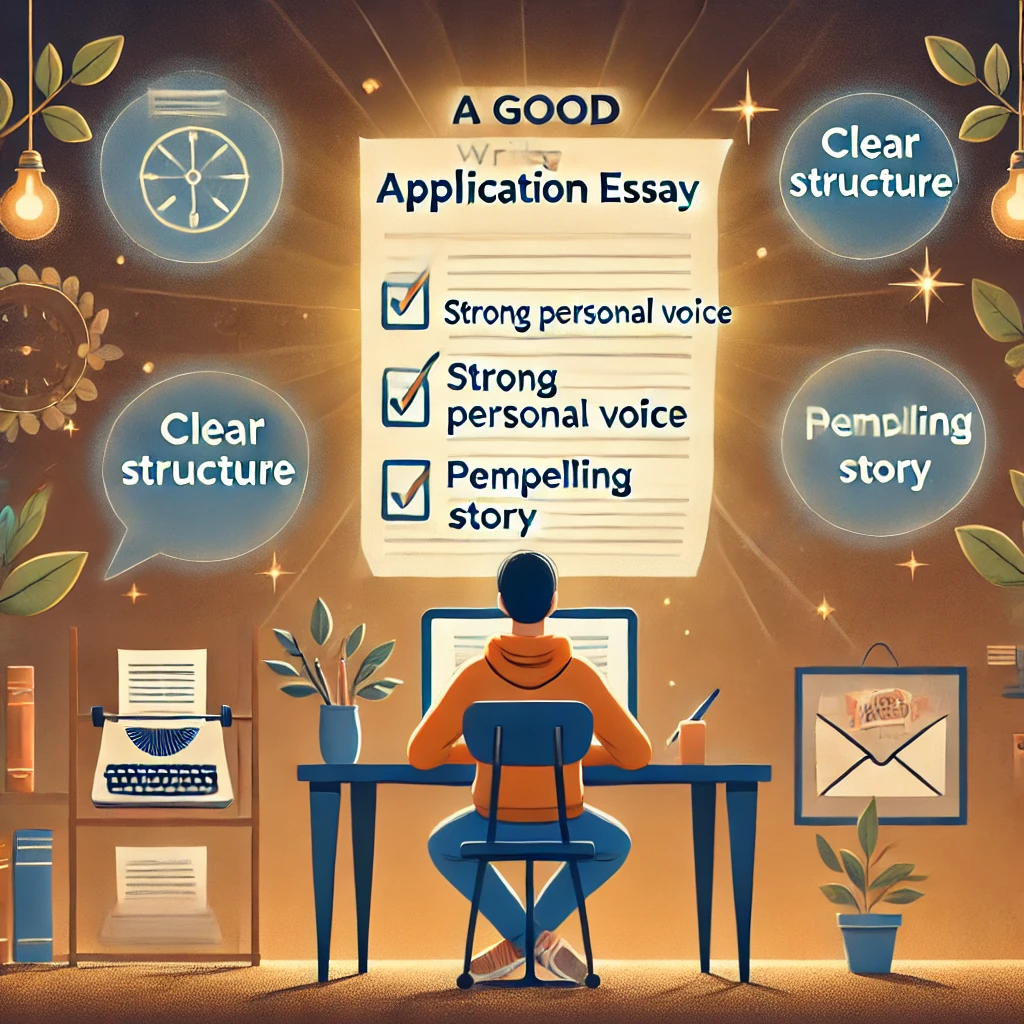Artificial intelligence (AI) has made significant strides in natural language processing and content generation. AI models like OpenAI’s ChatGPT, Anthropic’s Claude, and Google’s Gemini can generate human-like text with remarkable coherence and fluency. With these advancements, a pressing question arises: Will AI become advanced enough to write good application essays?
Application essays, particularly for college admissions or job applications, require a unique combination of personal storytelling, introspection, and authenticity. Can AI achieve this level of sophistication, or will human input always be necessary?
Current AI Capabilities in Writing Application Essays
1. Structured and Grammatically Sound Writing
AI models can already generate essays that are:
- Well-structured with clear introductions, body paragraphs, and conclusions.
- Grammatically correct, reducing the need for proofreading.
- Concise and coherent, ensuring logical flow and readability.
2. Content Generation and Idea Assistance
AI can assist applicants by:
- Brainstorming topics based on prompts.
- Suggesting essay outlines and structural improvements.
- Rewriting sentences to improve clarity and impact.
3. Personalization Through Prompts
Advanced AI models can tailor responses based on:
- User input and background details.
- Example stories provided by the applicant.
- Emotionally engaging phrasing to make essays more compelling.
However, despite these advancements, AI still faces significant limitations when writing truly authentic and unique application essays.
Limitations of AI in Writing Application Essays
1. Lack of Genuine Personalization
- AI can generate polished text, but it lacks real-life experiences, emotions, and genuine personal insights.
- Admissions officers value authenticity and originality, which AI-generated essays often lack.
2. Formulaic and Generic Writing
- AI often relies on pattern recognition to construct essays, leading to responses that feel predictable and impersonal.
- Essays generated by AI may not have the depth or nuance that human applicants provide through lived experiences.
3. Detection by Institutions
- Universities and employers are investing in AI-detection tools to identify machine-generated content.
- Many institutions have ethical policies that discourage or prohibit AI-written application essays.
Ethical Considerations of AI in Application Writing
The increasing use of AI in writing raises important ethical questions:
- Is it plagiarism? If AI-generated content is used without modification, it may be considered unethical.
- Fairness in applications: If some students rely heavily on AI while others do not, does it create an unfair advantage?
- Ownership of content: Who truly owns an AI-generated essay—the user or the AI model?
How AI Can Assist (But Not Replace) Essay Writing
1. Idea Generation
AI can suggest strong themes and topics for essays based on a user’s background.
Example:
- User input: “I love science and want to pursue medicine. How can I write a compelling personal statement?”
- AI suggestion: “You could write about a defining moment when you realized your passion for medicine, such as a personal experience in a hospital or helping a sick family member.”
2. Editing and Enhancement
AI can refine essays by:
- Improving sentence structure.
- Enhancing vocabulary.
- Ensuring clarity and coherence.
3. Grammar and Style Checks
Tools like Grammarly, ChatGPT, and Claude can help polish writing without replacing human authenticity.
The Future of AI in Application Essay Writing
Advancements to Expect
- More Personalization: AI may become better at reflecting unique user experiences through enhanced training on personalized inputs.
- Better Adaptation to Style: Future AI models may analyze a user’s past writing to match tone and authenticity.
- Improved Ethical AI Usage: AI companies may introduce tools that help users ethically enhance essays rather than generating them outright.
Will AI Ever Fully Replace Human Writing?
- While AI will continue to improve, human intuition, emotion, and originality will always be irreplaceable in deeply personal essays.
- Instead of replacing humans, AI is more likely to serve as an intelligent assistant that helps refine ideas, structure, and clarity.
Conclusion
AI is already capable of generating well-structured and grammatically correct essays, making it a useful tool for brainstorming, editing, and enhancing application writing. However, it still struggles with genuine personalization, emotional depth, and originality—qualities that make application essays stand out.
Rather than replacing human writers, AI is best used as a supporting tool that enhances essays while ensuring that the final submission remains authentic and unique. As technology advances, ethical considerations and the value of human expression will remain at the forefront of discussions about AI-generated writing.


